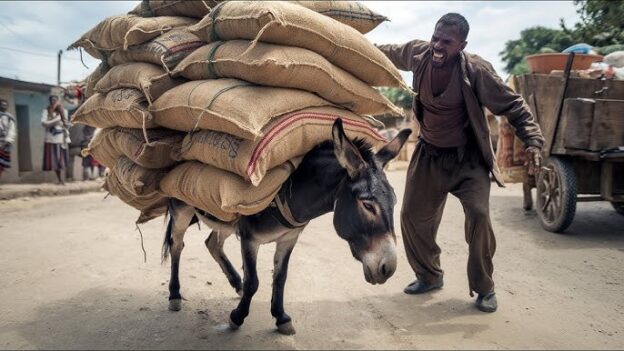There are a number of common English aphorisms that parallel (or are sourced in) Talmudic statements.
What Chazal said in Avos (1:15), “Say little and do much” echoes in “Actions speak louder than words.”
As does “Don’t judge a book by its cover” in “Do not look at the container, but at what is in it” (Avos 4:20).
What the Gemara teaches (Bava Metzia 71a) with “The poor of one’s own town come first” is conveyed in “Charity begins at home.”
“No pain, no gain” is rendered by Ben Hei Hei as “According to the effort is the reward” (Avos 5:26).
Sometimes, though, a subtle difference in how an idea is rendered by Chazal carries meaning.
Like the “Golden Rule,” which, in popular usage is rendered “Do unto others as you would have them do unto you.” Hillel’s version (Shabbos 31a) is, of course, “What is hateful to you do not do to your fellow.” While the popular version may seem, at first glance, nicer, Hillel’s is without question more demanding, and more meaningful.
In parshas Behar (Vayikra 25:35), we read: “If your brother becomes poor… strengthen him.” The word for “strengthen” – vihechezakta – can also mean “take hold of.” Which leads the Midrash (Sifra, Behar), quoted by Rashi, to convey that one should try to intervene before a crisis becomes serious. When a person has already fallen into poverty, “it will be difficult to give him a lift, but rather uphold him from the very sign of the failure of his means.” The mashal offered is of a donkey whose load is tottering. It can be held in place by one person, but if it has already fallen, it will take many people to right the donkey and replace its load.
“A stitch in time saves nine” or “An ounce of prevention is worth a pound of cure” are how an uninformed-by-Torah pundit might put the idea.
What makes the Midrash’s meaning more meaningful, though, is that it is in the context not of saving oneself time or work or trouble but, rather, of how best to help another person.
© 2025 Rabbi Avi Shafran
